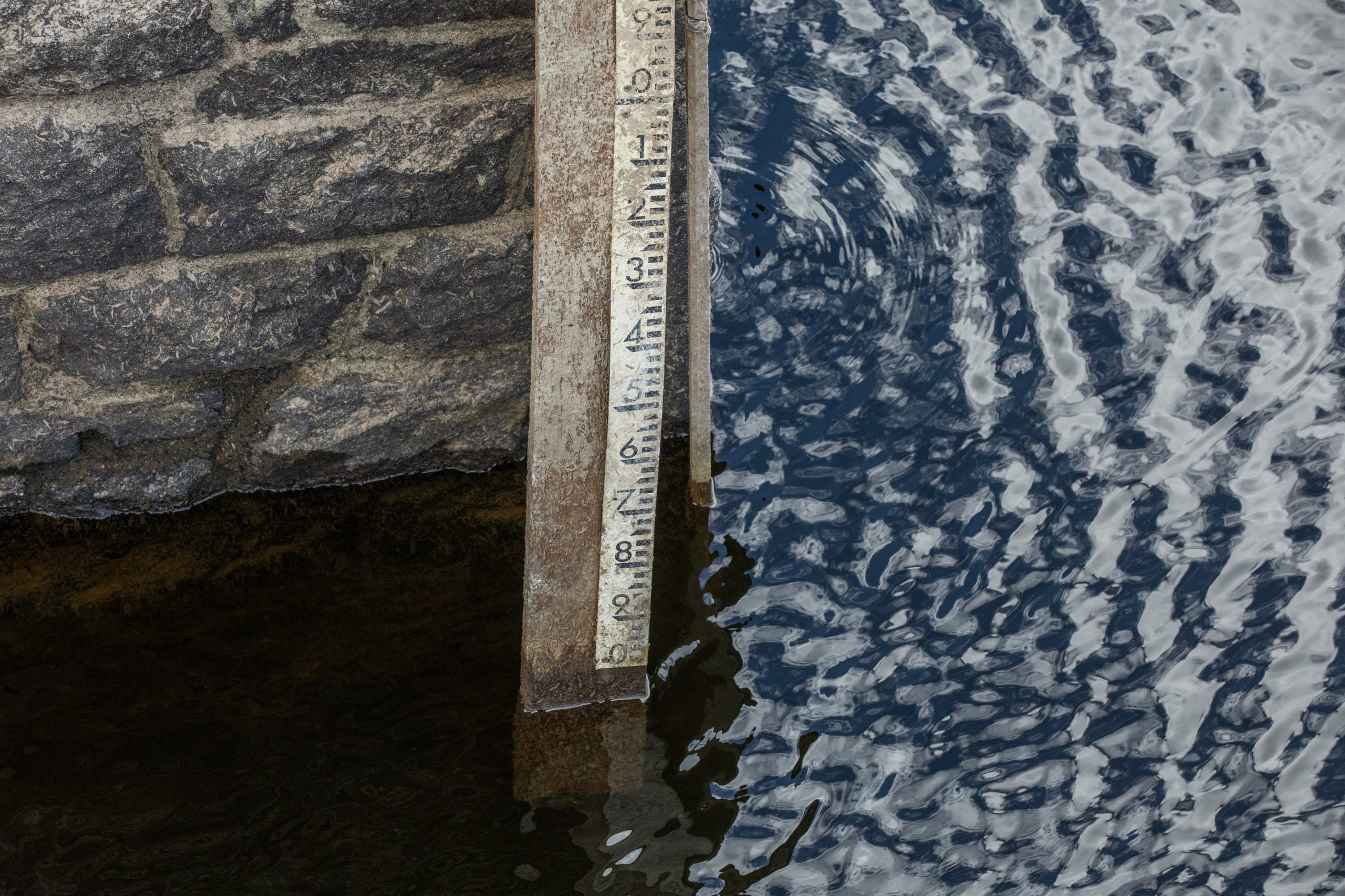Cork County Council has re-established its Water Conservation Management Group this week in order to ensure public water is conserved as much as possible and to help manage supplies across the county.
Increased demands on water supplies are being experienced due to more people staying at home in response to the COVID-19 crisis in addition to rising commercial demand as businesses reopen, together with prolonged spells of dry weather.
In response, Irish Water has confirmed that a National Water Conservation Order, commonly referred to as a hosepipe ban, is now in place until Tuesday 21st July. Together with Irish Water, Cork County Council is calling on communities and businesses across Cork to be mindful of all consumption of public water. Every effort made by the public, at home or at work will help to alleviate pressure on the water system.
Our experience from the 2018 drought has shown that some spring and groundwater sources can be slow to recover when they have been significantly depleted. Putting conservation measures in place at an early stage can significantly reduce the impact later on in the summer period.
Cork County Council staff are monitoring water usage across all services, focusing in particular on any leaks within Council properties or extraordinary usage.
The public are urged to report any observed leaks to Irish Water on 1850 278278
Some key measures for conservation are as follows:
In the Bathroom
- Choose to have a shower rather than a bath – Showers use only half the amount of water required for a bath. Have a shorter shower – An average shower uses 10 litres of water per minute, so taking a shorter shower will save water.
- When brushing your teeth or shaving, turn off the tap and save up to six litres of water per minute.
- Toilet flushing is one of the biggest water users in most homes. Consider only flushing the toilet when you really need to. Adding a toilet cistern bag to your cistern will reduce the amount of water used in every flush.
- Fix any dripping taps or leaking toilets in your home.
In the Kitchen
- Run your washing machine and dishwasher with full loads. This saves water and money on energy bills. When buying water-consuming appliances, it’s a good idea to check the energy efficiency label to make sure you are buying the most energy efficient appliance you can.
- Place a basin in the sink for washing dishes by hand or collecting the water you use to rinse fruit and vegetables, which can then be used for watering plants.
- Keep a jug of water in the fridge instead of running the cold tap, which can waste 10 litres per day of water.
- Choose the correct pot or pan size for cooking and remember to use the lid on a pot or pan when cooking to reduce the amount of water lost to evaporation, meaning you don’t have to keep adding water in.
In the Garden
- Use a rose head watering can instead of a hose to water your plants to save water and aim for the root, not the leaves. Water your plants in the early morning or late evening to avoid scorching your plants and unnecessary evaporation.
- Use a water butt to harvest rainwater from gutters – Collect rainwater to use in your garden instead of using drinking water from the tap.
- Add layers of plant material, like bark or straw, to the soil in your garden to help keep the sun off so that it can retain more water for your plants and you can save on water.
On the Farm
- Check for overflowing troughs and incorrectly set or damaged ball-valves which can waste significant amounts of water.
- Water your crops efficiently by irrigating at the right time of day to meet crops needs and reduce losses through evaporation.
- On dairy farms, clean plate cooling water can be diverted to a tank and used for parlour washing.
- Use dry-cleaning techniques such as scrapers and brushes to remove solid waste from yards and pens before hosing or a small amount of water (e.g. one bucket) to pre-soak waste before cleaning.
- Regularly check your private pipework on the farm to detect leaks. Inspect the ground above your pipes for visible signs such as unusually damp ground, lusher than expected vegetation (sign of recent leak) or reduced community / rush vegetation (consequence of a long-term leak).
- Fix dripping taps and hosepipes around the farm promptly by replacing washers and fix overflows to avoid water wastage.
- Rainwater harvested from roofs of farm buildings can be used for a variety of activities, e.g. washing down yards.
On Construction Sites
- Construction sites will often have temporary water supply and distribution arrangements which can be prone to leaks. Contractors are urged to inspect water pipes and fittings on a regular basis.
For more advice on how to conserve water, visit https://www.water.ie/conserve/
Want to get €5, absolutely free? Sign up to the ‘Smart’ Debit Card – Curve today, and earn a fiver on us! Find out more here.

